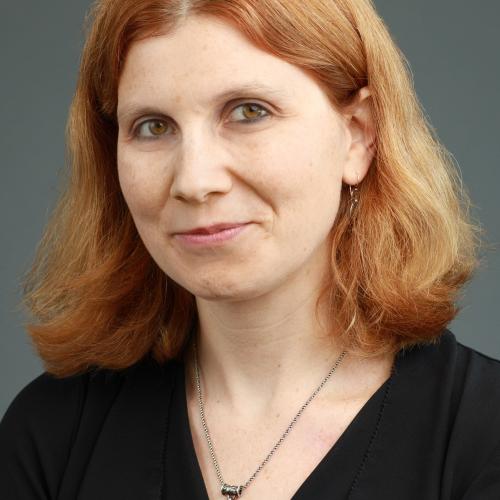Decoding the Mishnah
Online
Zoom Link to be provided
Password required
From boys raised on the backs of oxen to a sukkah built on top of a camel, from resolutions of neighborly disputes to cures for toothache, from buying a ship to selling a synagogue—there doesn't seem to be a topic in the world that the Mishnah is not concerned with.
Compiled in the third century CE in Roman Palestine, the Mishnah is often regarded as the "first rabbinic law code," but it is debatable whether “law” is the best descriptor for the many themes the Mishnah engages with and for its penchant toward unrealistic, exaggerated, and even absurd scenarios. Perhaps it is a work of Bible interpretation? A work of creative scholastic imagination? Maybe even a collection of philosophical treatises?
In this talk we will get to know the structure, style, and content of the Mishnah, discuss the historical context in which it came to be and what we know of its makers, debate whether it is a work of “law,” and address the striking innovations the Mishnah presented that changed the world of Jewish law forever.
About the “Canon in Context” Series
Stepping back and squinting at the major works of the Jewish legal canon dotted across history, many of them appear…puzzling. Centuries of tradition treat the Mishnah, Talmud, and other texts as settled law and as contributions to rabbinic thought. But in their own times, they were outliers. Each one diverged remarkably in form and content from the Jewish writings of their time and place. So how did they get that way, and how did they become canon?
This series explores the historical context of halakhic compilations and codes: who composed them, what were they trying to achieve, and why did they choose the format and the topics they chose? Set aside what you think you know, and encounter these texts in the worlds of their creation.
About the image above: "The Book of Ruth and the Book of Ecclesiastes with Joseph Kara's commentary," ca. 1322, held in the British Library.
Featuring

Mira Balberg
UC San Diego
Mira Balberg is a scholar of ancient Judaism who specializes in rabbinic literature. Her most recent books are Blood for Thought: The Reinvention of Sacrifice in Early Rabbinic Literature (2017) and When Near Becomes Far: Old Age in Rabbinic Literature (2021).
Click for more.
Cosponsors
We gratefully acknowledge the support of the Klatt Family and the Harry Stern Family Foundation.